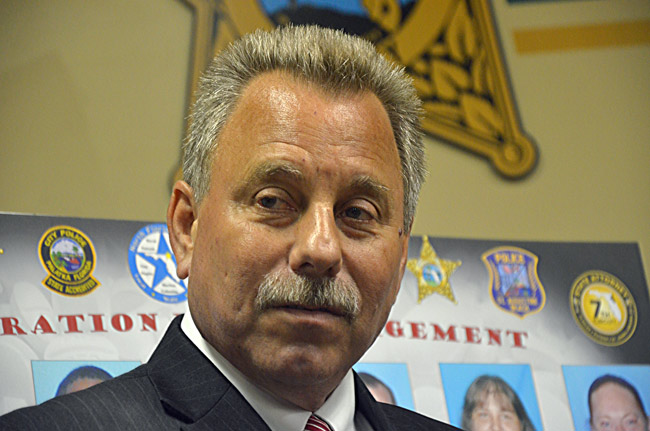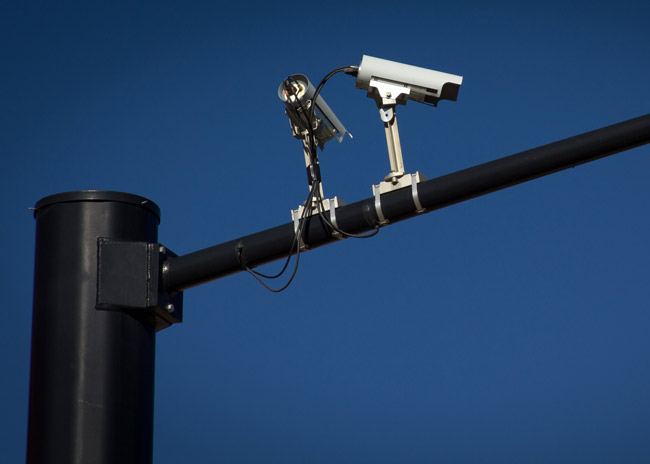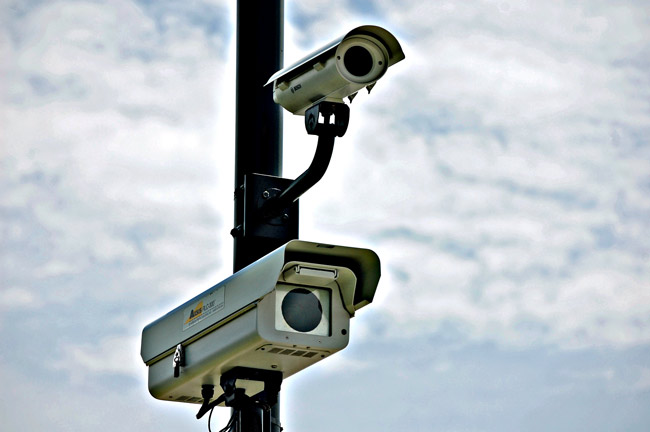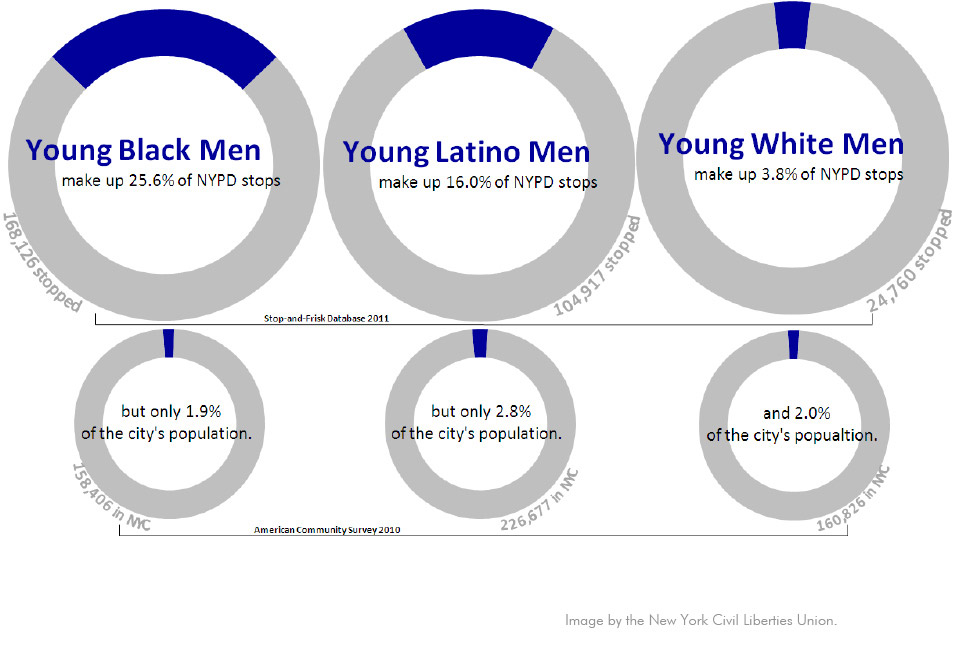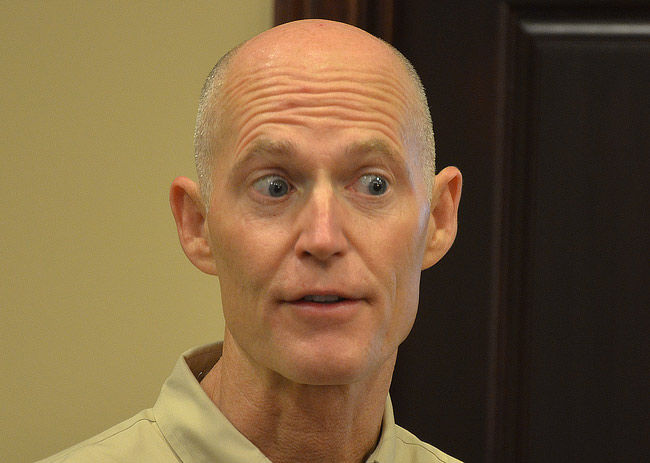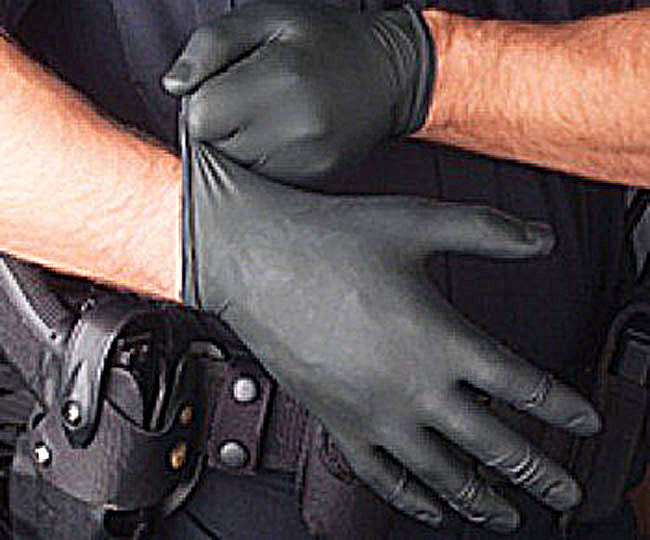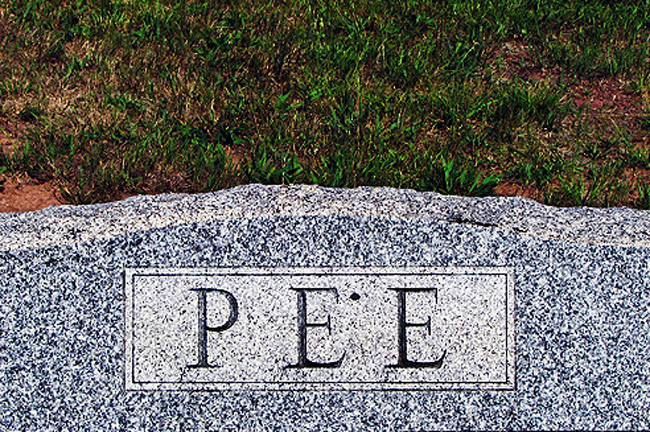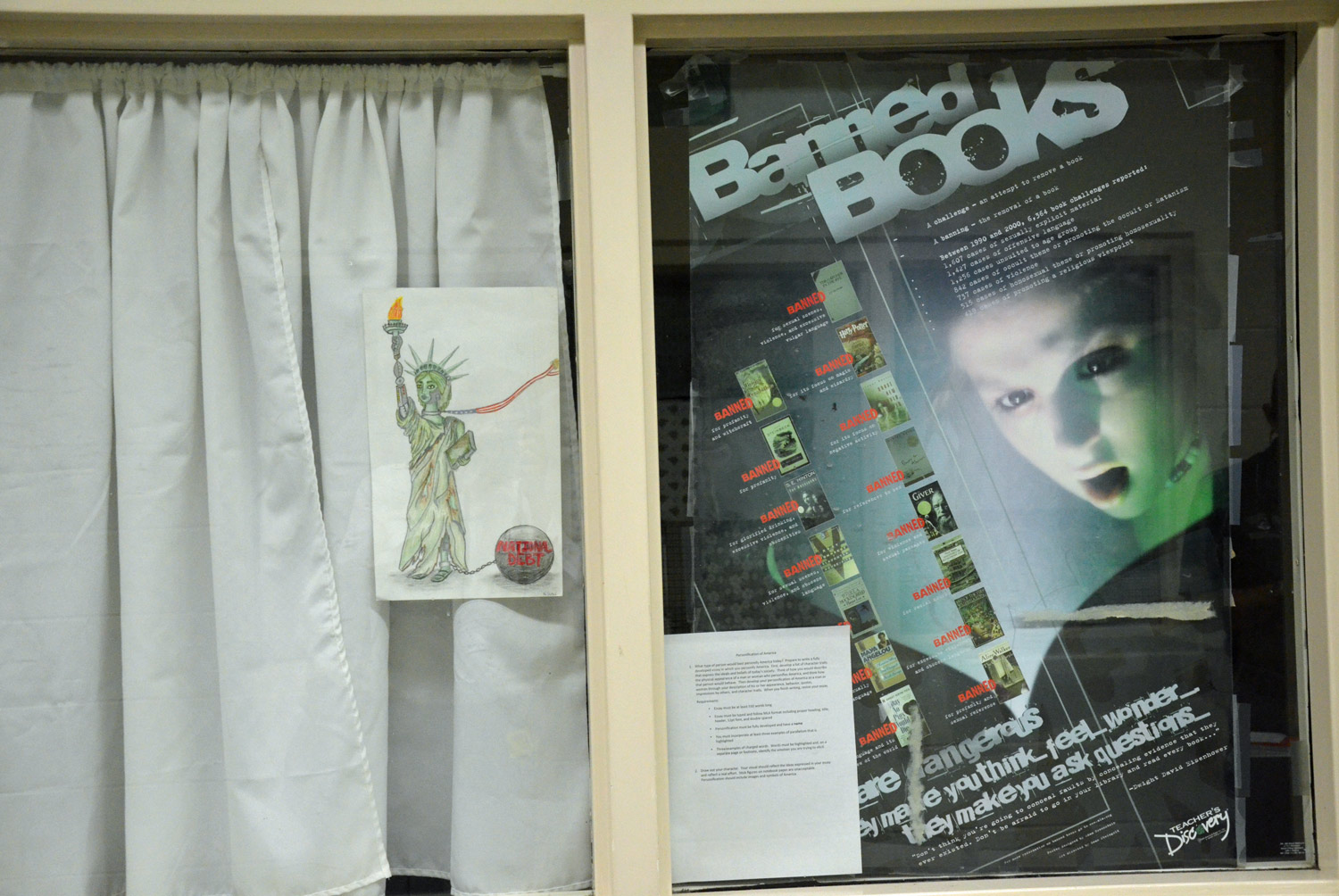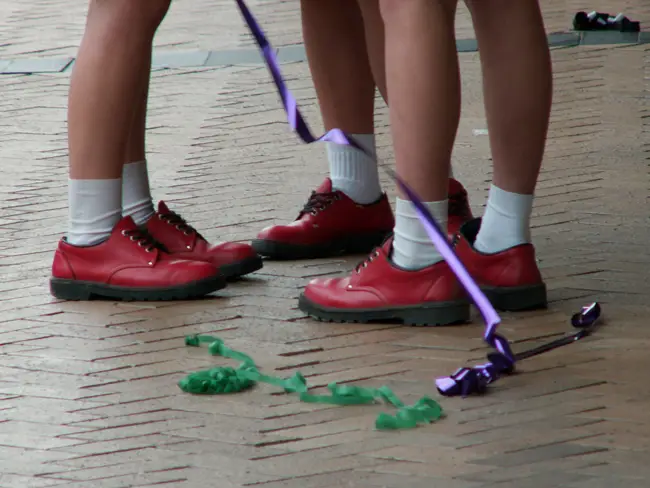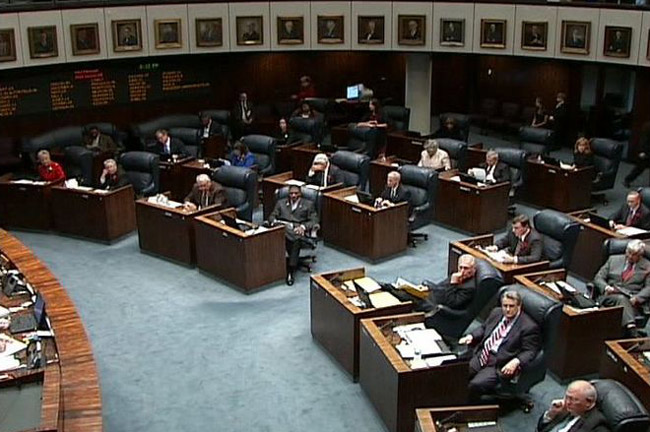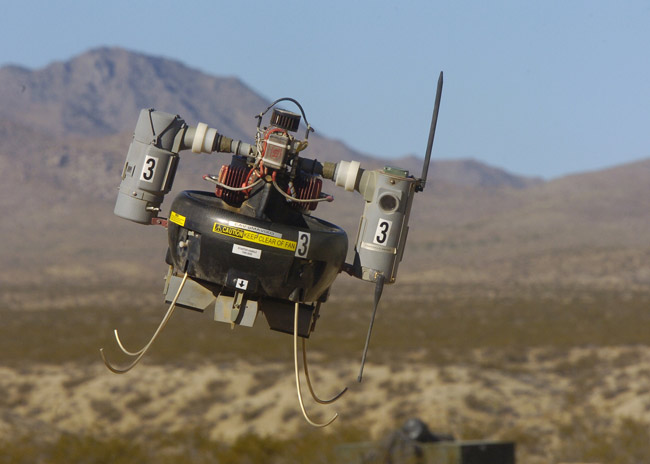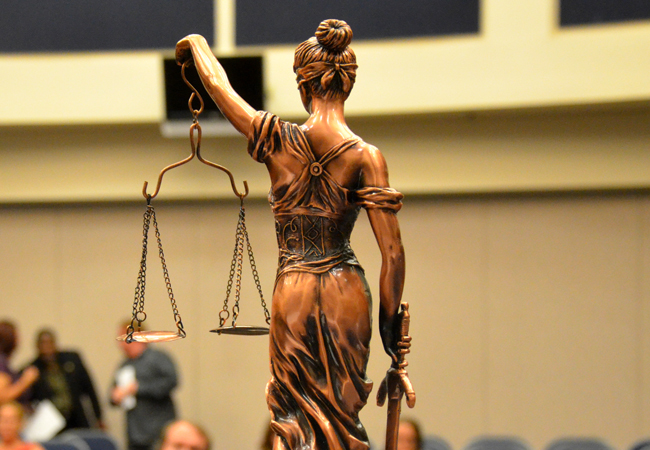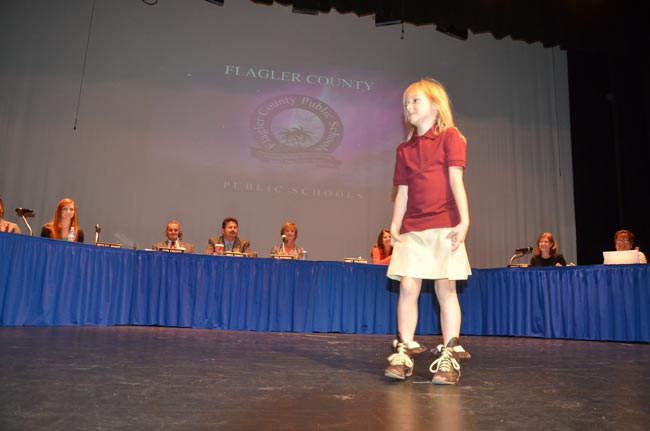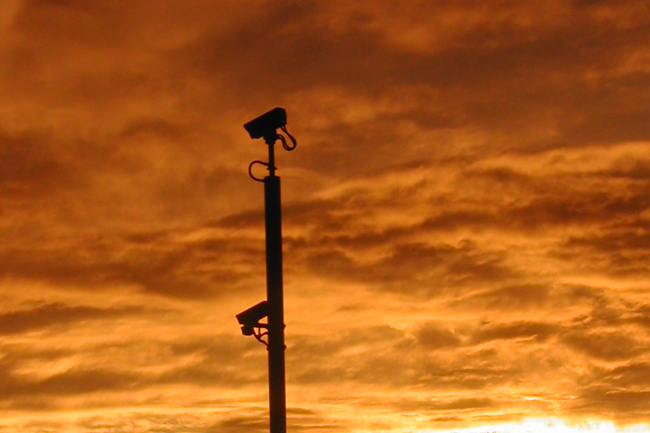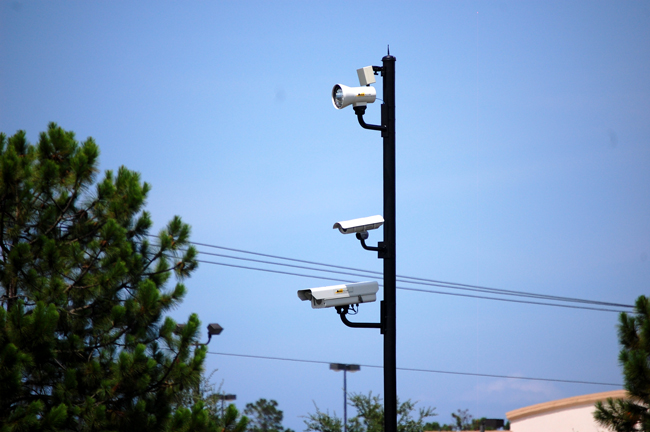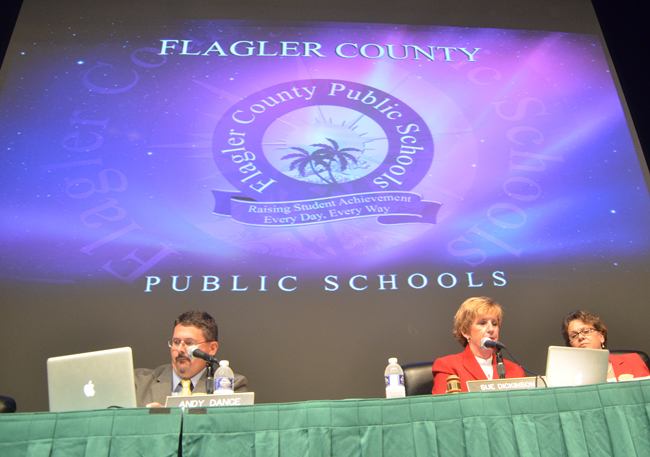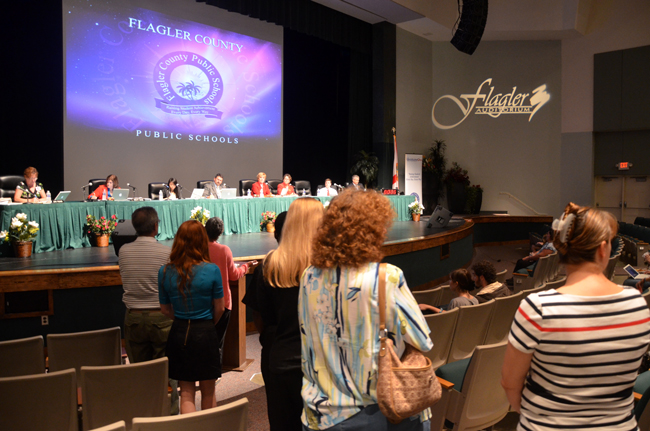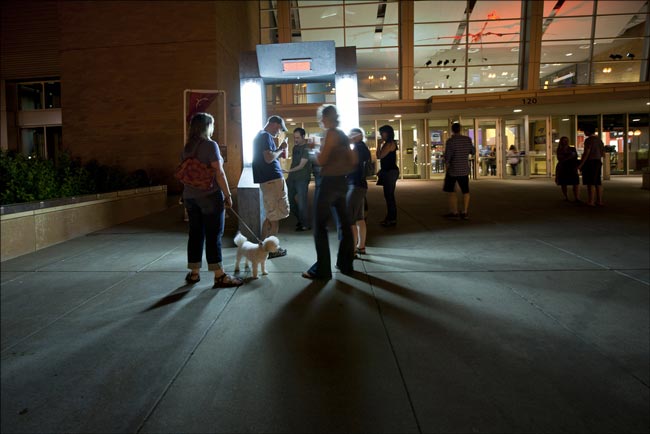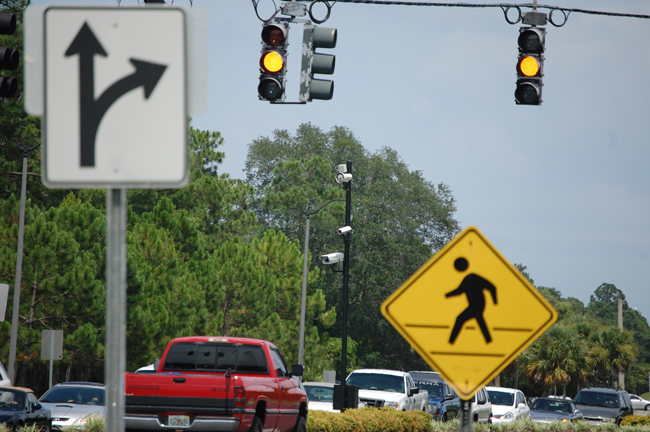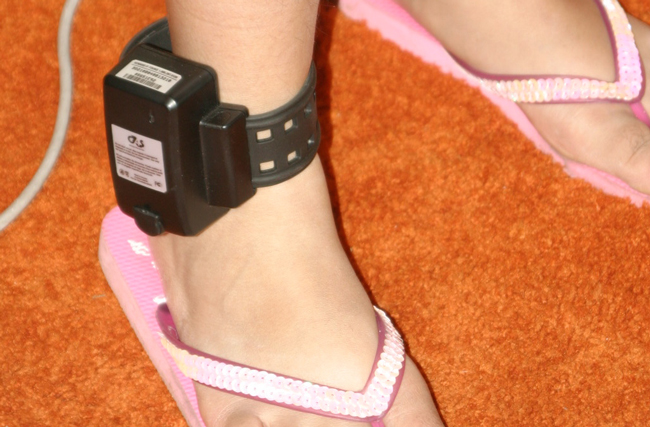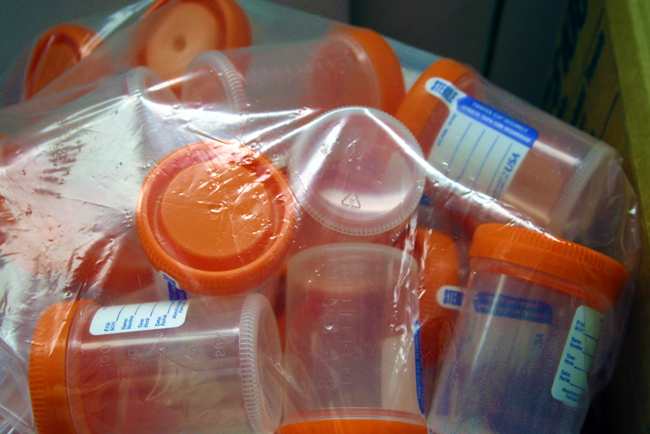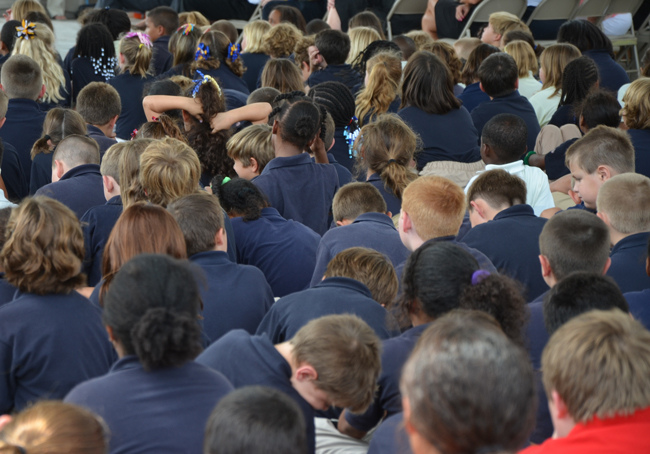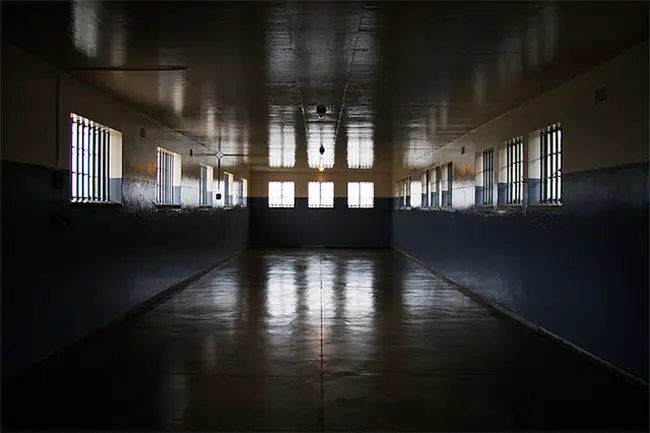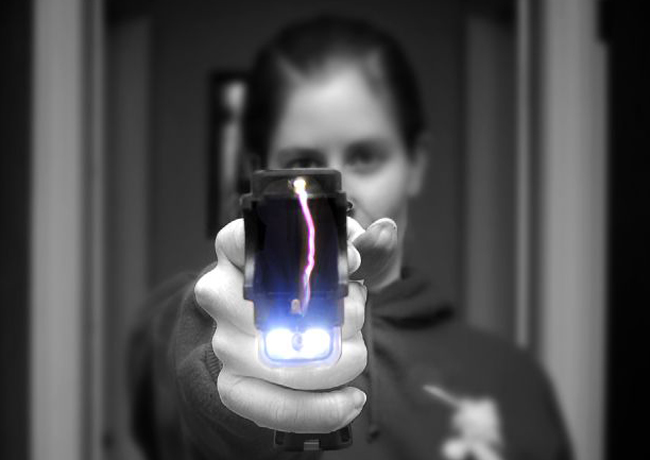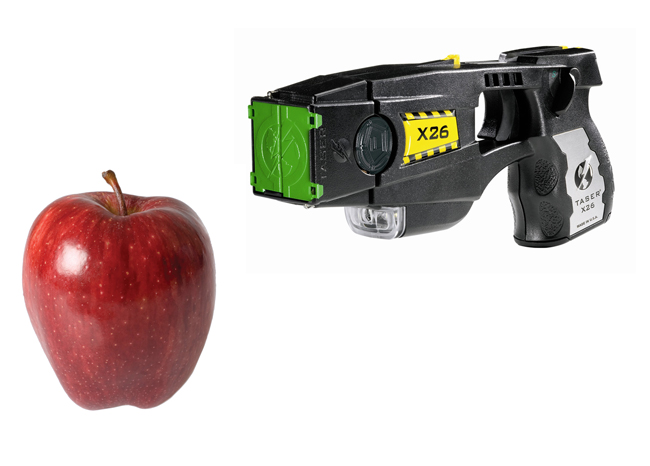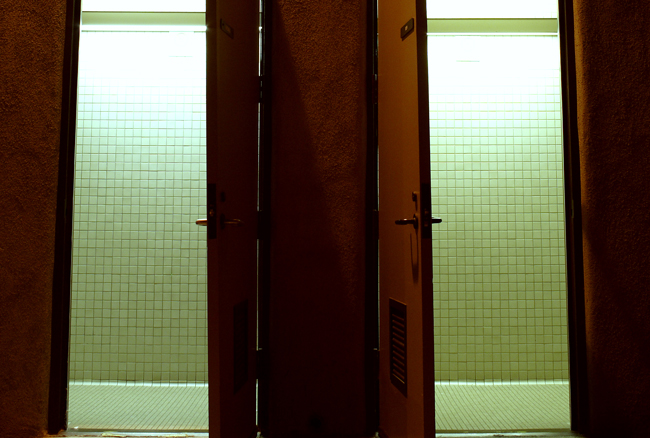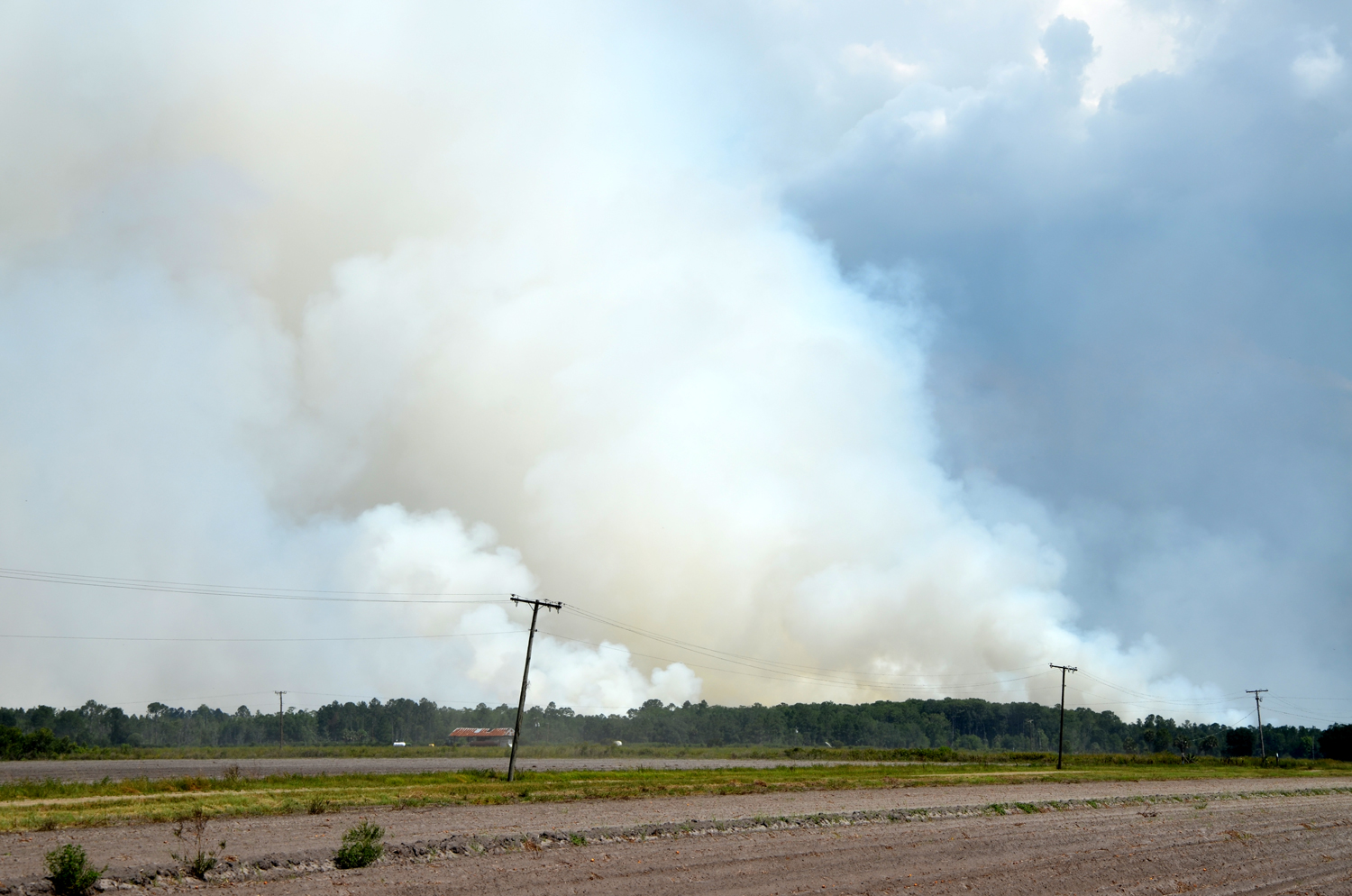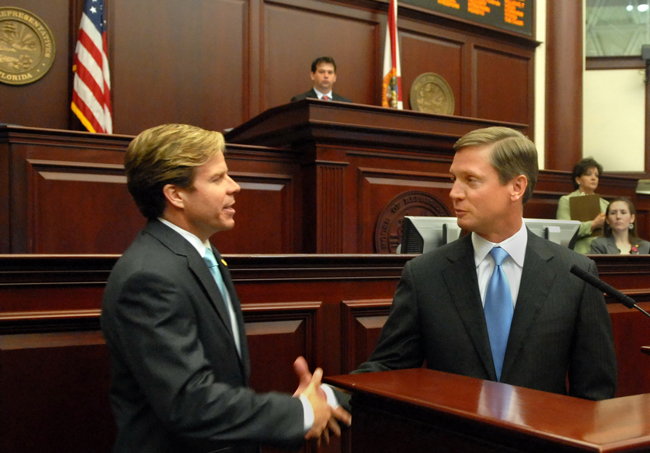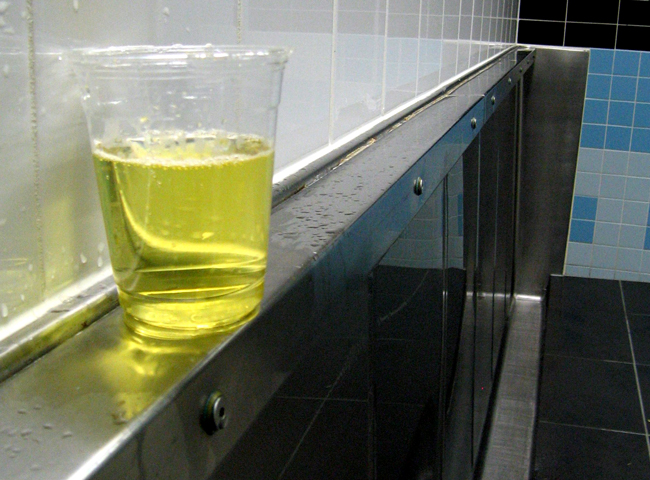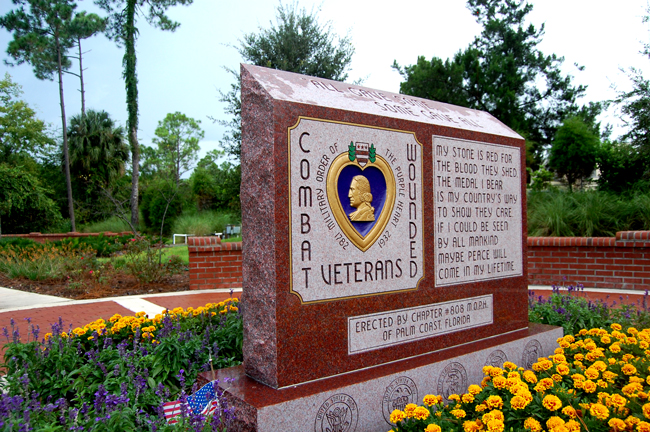For the second time in little more than a month, a state judge has found that the Department of Juvenile Justice improperly carried out a law that requires counties to help pay juvenile-detention costs.
police state
Without Evidence But Plenty of Cash, Palm Coast Approves 52 Spy Cameras, Up from 10
The Palm Coast City Council’s agreement to increase the city’s traffic spy cameras to up to 52 is backed by no crash data and no scientific evidence that the 10 existing cameras improve safety, but Palm Coast stands to make up to $437,000 a year from the new scheme.
Two-Week DUI Crackdown Begins on Flagler and Florida Roads as FHP and Sheriff Mobilize
The Florida Highway Patrol and the Flagler County Sheriff’s “Drive Sober or Get Pulled Over” campaign begins Aug. 17 and stretching through the Labor Day weekend, which ends Sept. 3. It’s part of a national anti-DUI campaign, but no local checkpoints are scheduled.
Smart-Phone Canvassing: Is Your Neighbor A Democrat? Obama Has an App for That.
The Obama for America app, “the science-fiction dream of political operatives,” is turning canvassing on its head as public information long available no longer has to scheduled through a visit to a field office and waits for staffers to hand volunteers clipboards and a printed-out lists of addresses.
Drug War Collusion: Top Cops, Lapdog Press, And the Art of Tax-Funded Campaigning
With State Attorney R.J. Larizza, Flagler Sheriff Don Fleming and Putnam Sheriff Jeff Hardy in starring roles (all three are running for re-election next month), Wednesday was the latest shameless example of local and state police using a minor drug sweep for maximum political effect, at taxpayers’ expense.
Florida’s High Court Affirms Guilty Until Proven Innocent Standard in Drug Possessions
In not requiring “knowledge” of the illegality of whatever they were carrying, the law puts Florida at odds with at least 48 other states that require prosecutors to convince a jury that defendants knew they were carrying illegal drugs.
Cops Spying on Your Cell Phone: Warrantless, Routine, and With Providers’ Complicity
Privacy activists hold that cops’ tracking of cell phones require a search warrant to be constitutional. But the Supreme Court hasn’t ruled on the issue, and Congress has yet to pass a law addressing it.
Palm Coast’s Pre-2010 Red-Light Camera Fines in Question Following Latest Court Decision
The 5th District Court of Appeal in Daytona Beach on Friday found Orlando’s red-light traffic cameras illegal before they were standardized by a state law in 2010. Palm Coast’s set up was similar to Orlando’s. But the decision does not affect the current camera set up or the fine structure.
FHP’s Crackdown and the Prohibitionist Politics of Drunk Driving: A Dissent
Taking aim at today’s deployment of 40 FHP troopers on I-95, Darrell Smith calls the targeting of people who drink–as opposed to drunk drivers–a brown-shirted example of a police state mentality too readily embraced by the public.
Red-Light Camera Ticket Revenue:
Palm Coast, 14%, Private Company, 86%
American Traffic Solutions, which runs Palm Coast’s red-light traffic cameras, will make up to $4,250 per camera per month, while Palm Coast makes just $700. Still, the Palm Coast City Council is ready to sign a seven-year deal.
Rodney King’s Twilight, and Anna Deavere Smith’s: Coming to Palm Coast
Rodney King was found dead at his home’s pool on June 17. Anna Deavere Smith 18 years ago wrote “Twilight,” a one-woman play that retells the story of the Rodney King riots through the voices of 37 people involved in the story. “Twilight” will be staged in Palm Coast this fall.
Stop and Frisk Follies
Stop and frisk is a constitutionally suspect police tactic that entails stopping and searching an individual for weapons arbitrarily. The practice disproportionately targets blacks and Latinos while yielding a minimal number of weapons–usually on whites.
Rick Scott’s Obsession With Other People’s Urine
Anyone other than my doctor who’d ask me to pee in a cup isn’t just out of line. He’d be out of his mind. Yet an entire industry thrives on such cup-holders, Gov. Rick Scott among them, and millions of Americans are not only complying with the docility of circus animals. They’re encouraging the indignity and asking for more.
Pot Tourism in Retreat in the Netherlands
Pot tourism over? A Dutch court on Friday upheld a new law that will prevent foreigners from buying marijuana in coffee shops across the Netherlands.
Federal Judge Rules Gov. Rick Scott’s Random Drug-Testing of State Workers Unconstitutional
Federal District Judge Ursula Ungaro found that Scott’s order requiring drug tests violates the Fourth Amendment, as there is no “compelling need for testing.” Scott said he’d appeal the ruling.
The 4th Amendment, Stripped and Degraded
The Supreme Court’s decision allowing the strip-searching of anyone booked into jail–no matter how small the charge, no matter the presumption of innocence of the accused–is merely the latest in a long series of constitutional violations, enshrined by conservative justices.
Excluding Themselves, Florida Lawmakers Pass Drug-Testing Program for State Workers
The House voted largely along party lines to allow state agencies to set up drug testing programs for their workers over the objection of Democrats who said it wasn’t just unconstitutional, but a bully tactic.
Lady Liberty at Flagler Palm Coast High School: When Veterans Get Patriotism All Wrong
Veterans complained to the Flagler County School Board that student portrayals of Lady Liberty they say at FPC “desecrated” her and the flag and should be removed. The veterans were wrong, and were themselves desecrating American values.
Don’t Let It Happen
The the Stop Online Piracy Act and the Protect IP Act give the federal government unprecedented powers to censor or block access to websites judged to be carrying pirated music or videos, a power usually associated with authoritarian regimes.
The Live Poll: 53% Against Uniforms
Should the Flagler school board adopt a uniform policy? Out of more than 700 responses, the verdict is 53 percent against as the school board prepares to vote on the issue Tuesday evening.
“It’s Messed Up”: Occupy Tallahassee Group Denied Access To Florida Senate Gallery
Citing noise and chanting earlier in the day, the Florida Senate Sergeant at Arms on Tuesday denied Senate viewing gallery access to a group loosely defined as Occupy Tallahassee even though the group members intended only to watch and listen.
Your Police State At Work: Spy Drones Entering Local Cop Arsenals, Including Florida’s
Forget Iran and Afghanistan. Americans have unmanned drones flying over their own heads, and more are coming as local police agencies, including the Miami-Dade Police Department, are acquiring spy drones and using them for surveillance of citizens.
Florida GOP’s Agenda, Once Emboldened, Facing Broad-Based Backlash in Courts
Republicans’ sweeping changes to elections law, welfare drug-testing and state workers’ pension contributions have bogged down in court challenges and judges’ injunctions as Gov. Rick Scott chafes at the push-back.
Uniform Fashion Show Punctuates School District’s Last Forum Before Final Policy Vote
The show, during a forum meant to be more even-handed than shilling, was designed to give an audience of about 45 some idea of what the uniforms might look like, if the school board–currently favoring the policy 3-2–finally ratifies the initiative on Jan. 17.
In Boon to Palm Coast, Appeals Court Rules Traffic Spy-Cams Legal Even Without State Law
South Florida’s Third District Court of Appeals, in a divided ruling, declares red-light cameras legal under cities’ home rule powers. A dissent calls the majority ruling at odds with state law. The decision may influence a proposal to revisit traffic cameras at the Legislature in the coming session.
Palm Coast Opts to Keep Red-Light Cameras On Despite Legal Cautions and Dearth of Evidence
Despite little money generated from red-light cameras, potential legal challenges and no hard evidence that the cameras improve safety, the Palm Coast City Council decided to stick with its 10 spy-and-snap cameras for now.
Our School District’s Uniform Follies
The Flagler County School Board’s push for uniforms is out of touch with the county’s struggling families and plundered budgets and revealing of a board too prone to selling out to charter-school gimmickry.
Town Hall on School Uniforms Draws Out Big Opposition; Decision Set for Jan. 3
John Fischer, the school board member pushing for school uniforms, did not attend the meeting at the Flagler Auditorium, which drew some 150 people, a third of whom spoke–with a 5-to-1 margin opposing uniforms.
Those Airport X-Ray Machines? Cancer Risk. Yet Government Dismisses Cautions
Airport X-ray scanners could give cancer to six to 100 U.S. airline passengers each year, research suggests, yet the TSA still calls scanners safe, glossing over evidence that even low-dose radiation increases cancer risks. European airports ban their use.
Red-Light Cameras Draw Class-Action Lawsuit Citing Constitutional Violations
If successful, the lawsuit would have far-reaching consequences as it seeks reimbursements for all ticket fines, which in Palm Coast exceed $1.35 million since 2008.
Florida Lawmaker Proposes Broader GPS Tracking of Juvenile Offenders
Florida’s Juvenile Justice system eliminated its ankle-monitoring system in 2004. GPS tracking would be cheaper, but also possibly more pervasive, and paid for out of local dollars set aside for various court initiatives.
Federal Judge Calls Florida’s Drug-Testing Of Welfare Recipients Unconstitutional
Judge Mary Scriven called Florida’s requirement that welfare recipients be drug-tested a violation of 4th Amendment protections against unreasonable searches, and dismissed claims that the law would save money.
Invoking Migration to Charters, A Split Flagler School Board Favors Move Toward Uniforms
Reacting in part to a pronounced migration of students to charter schools in the county–and in part to its own leanings–the Flagler school board Tuesday agreed to solicit parental input in preparation for a uniform policy.
School Uniforms as Contrived Regulation: 10 Answers to the Flagler School Board
School uniform FAQ: Nancy Nally, a local parent and writer, lays out 10 reasons why the Flagler County School Board should not adopt school uniforms. The board is discussing the matter later this afternoon.
School Board Votes 4-1 To Allow Tasers Back on Campuses, With Vague Conditions
School Board member Andy Dance wants the superintendent to develop a school-centered policy with the sheriff on using Tasers, but the sheriff’s office is resistant to mixing school policies with its own.
Florida’s Plan to Privatize 29 Prisons Halted As Judge Rules Process Unconstitutional
Leon County Curcuit Judge Jackie Fulford ruled that lawmakers violated the Florida Constitution by approving prison privatization in the fine print of the state budget rather than by changing the law explicitly.
Superintendent Will Recommend Tasers In Schools; Majority of Board Signals Agreement
Three school board members favor allowing school deputies to carry Tasers, some of them with reservations, as the board prepares for a decision as early as next Tuesday. The initiative is part of the fallout from a student’s fight with a deputy at Matanzas High School.
Sheriff, Citing Head-Butting Incident, Asking School Board to Let Tasers Back on Campus
A school deputy was briefly overpowered by a student at Matanzas High School in August, triggering renewed discussion of letting school cops carry Tasers. The board has prohibited Tasers on campus since 2005.
When Cops Track Your Cell Calls and Location On Public Roads: No Expectation of Privacy
Florida’s 4th District Court of Appeals Wednesday ruled that tracking a drug dealer through his cell phone as he traveled across the state was legal as long as he did not go onto private property.
Federal Suit Filed Against Florida Law Requiring Drug Tests of Welfare Recipients
The new law requires recipients of temporary cash assistance to pay $35 to $45 for a drug test first. The ACLU charges the law stigmatizes low-income people and amounts to a suspicionless search.
Snooping Security: “If You See Something, Say Something” Campaign Comes to Florida
Gov. Rick Scott is welcoming the “If You See Something, Say Something Campaign,” which encourages callers to use a statewide toll-free telephone number to report suspicious activity. The program raises spying, profiling and other civil liberties concerns.
Scott Retreats: No Drug-Testing of State Workers, At least For Now
The ACLU of Florida called it a “a massive and embarrassing retreat,” but Scott says it’s merely a temporary delay, pending a constitutional challenge to his executive order.
How Flagler County Is Controlling The Public’s Right To Know The Latest On the Fires
On County Administrator Craig Coffey’s orders, the 9:30 a.m. daily “stakeholder’s meeting” on the fires, which includes all agencies and governments involved, politicians, and even members of the public, is closed to media.
ACLU Sues Rick Scott As Drug Testing of Public Employees and Welfare Recipients Begins
The US Supreme Court makes drug-testing exceptions for public safety and similar jobs. Broader intrusions have been struck down. This suit is the first in what’s expected to be a series of suits triggered by Rick Scott initiatives.
Florida Legislature Redrawing Abortion Rules, Targeting Women, Physicians and US Law
The House approved a slew of bills that would force women to submit to ultrasounds before an abortion, broaden parental notification when minors are seeking an abortion, and require physicians to own abortion clinics, among other bills.
Florida Legislators’ Creepy Uterus Obsession
Florida lawmakers want to force women seeking an abortion in the second trimester to watch an ultrasound of their fetus first. It’s a back-alley assault on women’s privacy and abortion rights.
Parental Report Cards: Florida Lawmaker Wants Teachers Grading Your Parenting Skills
Kelli Stargel, Republican of Lakeland, thinks parents should be graded on their child’s preparedness as one way to address parental involvement and student underachievement. The proposal leaves economic and social issues mute.
Rick Scott Orders State Employees Randomly Drug-Tested Often, Like Welfare Recipients
Gov. Rick Scott signed an executive order requiring drug testing, and compared the testing of employees to the drug-testing of welfare recipients, a proposals lawmakers also approved unanimously in a Senate committee Tuesday.
Heroes Park, Site of Monument Vandalism, Will Get a Motion-Activated Alert System
The $5,000 laser-perimeter system is similar to security installations at other city properties. It connects directly to a security operator who then has the option of alerting police dispatch.
State Attorney Larizza on Bunnell’s Ghetto Spy-Cams: Should Be a Cost-Benefit Thing
State Attorney R.J. Larizza echoed comments by Public Defender Jim Purdy and Bunnell Commissioner Elbert Tucker on the economics of spy cameras, though a majority of the commission appears sold on the idea.




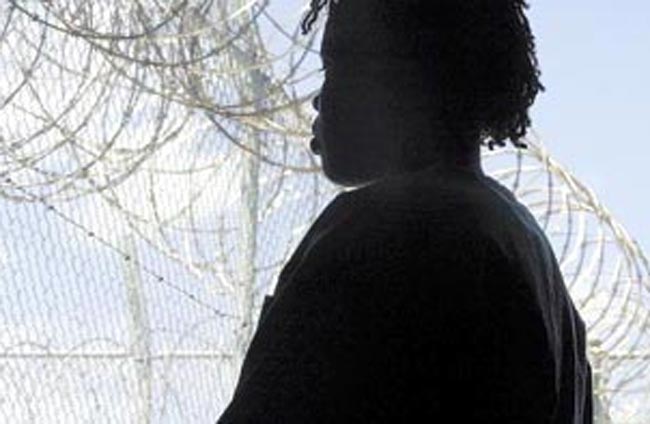
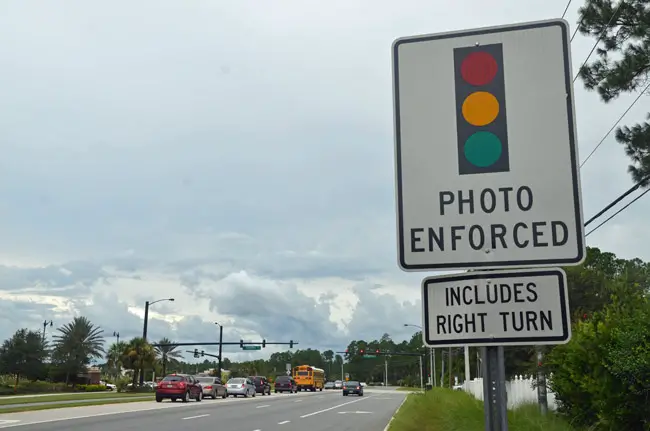
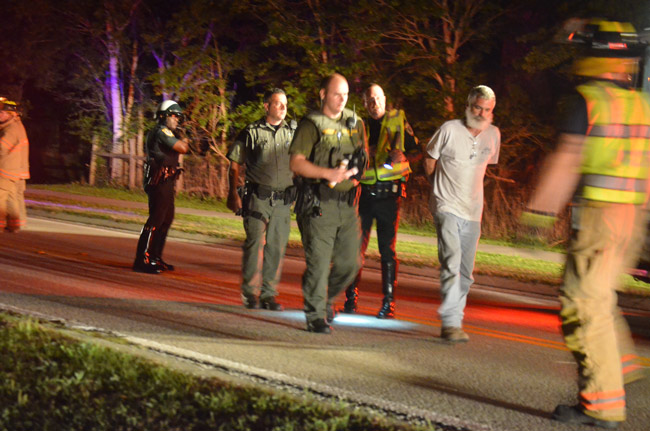
![For each targeted address, the app displays the first name, age and gender of the voter or voters who live there: "Lori C., 58 F, Democrat." All this is public information, which campaigns have long given to volunteers. But you no longer have to schedule a visit to a field office and wait for a staffer to hand you a clipboard and a printed-out list of addresses. With the Obama app, getting a glimpse of your neighbor's political affiliation can take seconds. While The New York Times dubbed the app "the science-fiction dream of political operatives," some of the voters who appear in the app are less enthusiastic about it. "I do think it's something useful for them, but it's also creepy," said Lori Carena, 58, a long-time Brooklyn resident, when she was shown the app. "My neighbors across the street can know that I'm a Democrat. I'm not sure I like that." It's unclear if the app displays all registered Democrats who live in a certain area, or only a subset of voters President Obama's campaign is trying to reach. Asked about the privacy aspects of the new app, a spokesperson for the Obama campaign wrote that "anyone familiar with the political process in America knows this information about registered voters is available and easily accessible to the public." The information included in the app has "traditionally been available to anyone who walks into a campaign field office," said the spokesperson, who declined to be named. While the app makes voter information instantly available, it displays only a small cluster of addresses at a time. It has built-in mechanisms to detect when people are misusing the data, "such as people submitting way too many voter contacts in a short period of time," the spokesman said. "The campaign is strongly committed to ensuring the safety and privacy of the public and follows up with appropriate action, including alerting appropriate authorities if necessary, in any case of abuse or inappropriate behavior," said the spokesperson. "Any voter who requests not to be contacted again is immediately removed from any provided to volunteers." This isn't the first time campaigns have released digital tools that make voter information freely available. Both the Obama and Romney campaigns currently have online calling tools that give anyone who registers for their websites the names and phone numbers of voters to contact. In 2008, the Obama campaign's "Neighbor to Neighbor" program allowed volunteers to use their home computers to print out lists of names and addresses to contact. Two years later, the Democratic group Organizing for America, formed to keep mobilizing the president's supporters after Obama was elected, released a mobile app that was in some ways a prototype of Obama's new app. Volunteers in the 2010 midterm elections could use their mobile phones to map voters in their immediate vicinity and then send in responses from the voters they had contacted, which eliminated the need for clipboards and printed lists. Natalie Foster, who was the new media director of Organizing for America, said the tools used in 2010 had built-in privacy limits, "where you are only given a certain number of voters that you could conceivably canvass. If somebody goes above that limit, or is just obviously clicking a button over or over, we'll just shut it down." Privacy "was definitely a consideration and something that was focused on, to make sure people aren't just going in and downloading a lot of data," said Joshua Hendler, the former director of technology for Organizing for America. Foster, who is now the CEO of the economic advocacy group Rebuild the Dream, and Hendler, who now works for PR firm Hill and Knowlton Strategies, said that making voter information more open makes the political process more democratic, because it lowers the barrier for people to get involved in political campaigns. Shaun Dakin, a voter privacy advocate and longtime critic of political robocalling, flagged the Obama app last week as a "total privacy fail." Dakin, who criticized the Obama campaign's 2008 Neighbor to Neighbor program on similar grounds, said voters should have the right to opt out of being contacted by political campaigns. He also questioned why the Obama app included the ages of nearby voters, another piece of information that people might not want to have made public. Lori Carena, the Brooklyn voter, said she doesn't object to having canvassers knock on her door. In fact, she said she wishes it happened more often in New York, a state that's such a Democratic stronghold she feels the campaign isn't interested in hearing her concerns. Asked what she feels is the difference between the traditional way of canvassing — with voter names and addresses on a printed-out list — and the new mobile app, she said, "Well, I just don't get all this new stuff with computers and apps. That's probably more creepy to me." Even low-tech tools used to distribute voter data can upset some voters. The Milwaukee Journal Sentinel reported this June that a liberal group in Wisconsin was sending fliers to voters which included a list of their neighbors and whether they had voted in 2008 and 2010. The fliers encouraged recipients to help get out the vote for the recall election of Gov. Scott Walker. Some voters were angry that their names and addresses were being distributed publicly. "I think this is invasion of my privacy and every other woman's privacy. It's like — 'Here, this is where all the women are,'" one woman told the Journal Sentinel. Jonathan Zittrain, a Harvard law professor and the co-founder of the Berkman Center for Internet & Society, said the Obama app represented a significant shift. While voter data has been "technically public," it is usually accessed only by political campaigns and companies that sell consumer data. He said it was "heartening" that the app makes data available to citizens who want to talk to their neighbors about their political choices. "The purpose of this app may be Democrats visiting Democrats. I can see apps where you ask Republicans to visit Democrats and Democrats to visit Republicans." "If we're comfortable enough to have [this information] go into the maw of big data processors, both political and otherwise, it seems consistent for neighbors to talk to neighbors over it," he said. "Much of our feelings around privacy are driven by what you might call status-quo-ism," he said, so many people may feel that the app is creepy simply because it represents something new. Interested to learn more about how political groups are using your personal information? See our reporting on tailored campaign emails and the new wave of targeted online ads.](https://flaglerlive.com/wp-content/uploads/obama-app.jpg)
